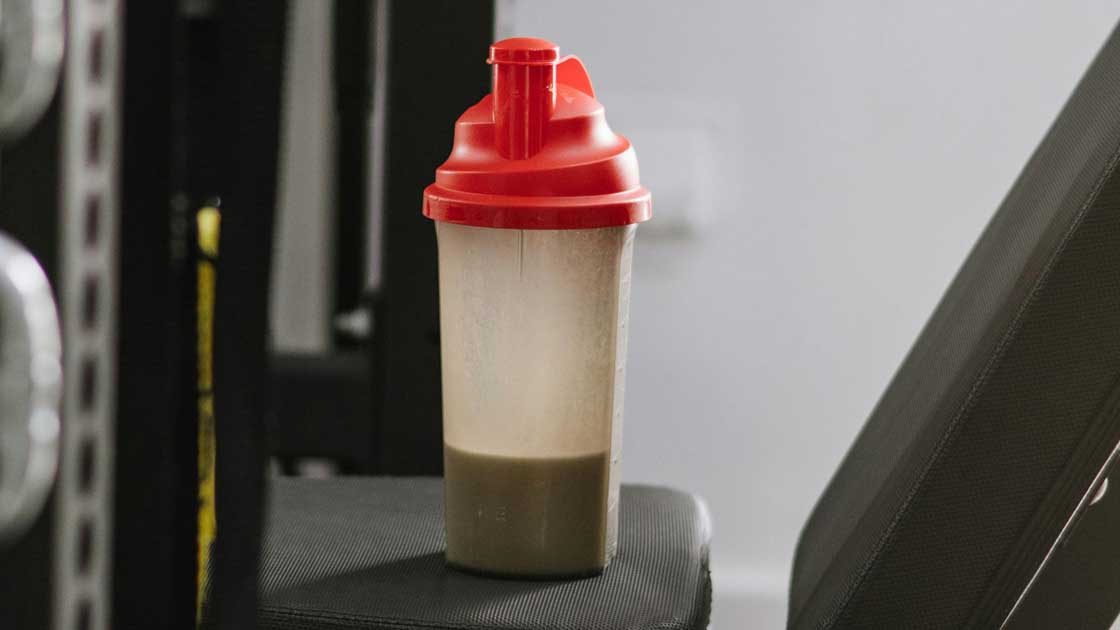Amino acids have become a hot topic in sports nutrition. Some athletes swear by amino acid supplements, claiming they boost muscle growth and recovery, while others prefer traditional protein sources like whey powder. But what does the science actually say?
Let’s break it down and uncover the role of amino acids, the differences between various types, and whether supplementation is worth it.
What Are Amino Acids?
Many people confuse amino acids with protein, but the difference is simple: amino acids are the building blocks of proteins.
- Proteins are long chains of amino acids linked by peptide bonds.
- Peptides are shorter chains of 2-50 amino acids.
- Amino acids are individual units that form peptides and proteins.
Think of it like a necklace:
- The beads are amino acids.
- The string holding them together is the peptide bond.
- The entire necklace is the protein.
Types of Amino Acids
The human body uses 20 standard amino acids to build proteins. These amino acids are categorized into two main types:
- Non-essential amino acids: These can be produced by the body on its own.
- Essential amino acids (EAAs): These cannot be produced by the body, so they must be obtained from food or supplements.
While there are 20 standard amino acids that form most proteins, two additional amino acids—selenocysteine and pyrrolysine—are present in certain proteins. This brings the total to 22. However, these non-standard amino acids are typically found in specific organisms and are not common in foods we consume.

Complete Proteins
A complete protein is a food or supplement which contains all nine essential amino acids. Supplements labeled as EAA (Essential Amino Acids) contain all nine of these.
Confusingly, some products may also be labeled as EAA + BCAA (Branched-Chain Amino Acids), but remember, any complete protein source will already contain BCAAs, as these are part of the EAA group.
The nine essential amino acids are:
- Leucine
- Isoleucine
- Histidine
- Lysine
- Methionine
- Threonine
- Phenylalanine
- Tryptophan
- Valine
Three of the essential amino acids—leucine, isoleucine, and valine—are known as branched-chain amino acids (BCAAs).
Branched Chain Amino Acids
BCAAs are a subset of essential amino acids with a unique chemical structure that includes a branched molecular chain. This structure allows BCAAs to be metabolized directly in the muscles rather than the liver, making them available for quick use in energy production and muscle repair.
The Three BCAAs:
- Leucine: The most important for muscle protein synthesis, activating key pathways that promote muscle growth.
- Isoleucine: Helps with glucose uptake and energy production during exercise.
- Valine: Supports muscle metabolism and tissue repair.
BCAAs for Muscle Synthesis and Recovery
BCAAs are popular because of claims that they stimulate muscle growth and enhance recovery. However, the science doesn’t completely back up these claims.
While studies show that leucine plays a key role in initiating muscle protein synthesis, muscle protein synthesis requires all essential amino acids (EAAs), not just BCAAs.
This is why, after examining the research, the International Society of Sports Nutrition (ISSN) stated that EAA supplements are superior to BCAAs alone for promoting muscle recovery and growth. Yes, BCAAs are better than a placebo and can stimulate protein synthesis, but BCAAs provide better results.
Pro Fact: EAA supplements are less common than BCAA supplements, primarily because they don’t dissolve as easily in water, and they tend to have a bitter taste. Despite these challenges, they provide a more complete amino acid profile for optimal muscle synthesis.
The Importance of Non-Essential Amino Acids
What's even better than BCAAs? A supplement which also contains non-essential amino acids. Here's why:
Even though the body can make non-essential amino acids, it can't always make them in sufficient quantities. As a result, the body can become deficient in these, which may hinder muscle synthesis and recovery.
This is why whey protein isolate is considered the best protein supplement. It contains all 20 of the standard amino acids, including high amounts of all the EAAs and BCAAs.
Further, whey protein isolate is one of the most researched protein supplements and is proven to aid in recovery and adaptations.
 Regen contains whey isolate powder for muscle synthesis and carbohydrates to replenish depleted glycogen stores, both of which are crucial for recovery..
Regen contains whey isolate powder for muscle synthesis and carbohydrates to replenish depleted glycogen stores, both of which are crucial for recovery..BCAAs during Exercise to Prevent Muscle Breakdown
Another common claim surrounding BCAA supplements is that they prevent muscle breakdown during exercise. While this sounds appealing, it overlooks a key aspect of muscle metabolism: the body only begins to break down muscle tissue when energy from carbohydrates and fats is depleted.
In other words, muscle breakdown is a last-resort mechanism triggered when other energy sources are unavailable.
Thus, there is no need to take BCAAs during exercise. A better strategy for avoiding muscle breakdown is to properly fuel with carbohydrates, which provide energy during exercise, thereby preventing the need for muscle tissue to be used as fuel.
This is why Nduranz fueling products do not include BCAAs or any form of protein—because it's simply not necessary. By focusing on proper fueling with carbohydrates, we can support sustained energy, muscle preservation, and overall performance.

Want to learn more? Read our Guides to Fueling and Recovery.

